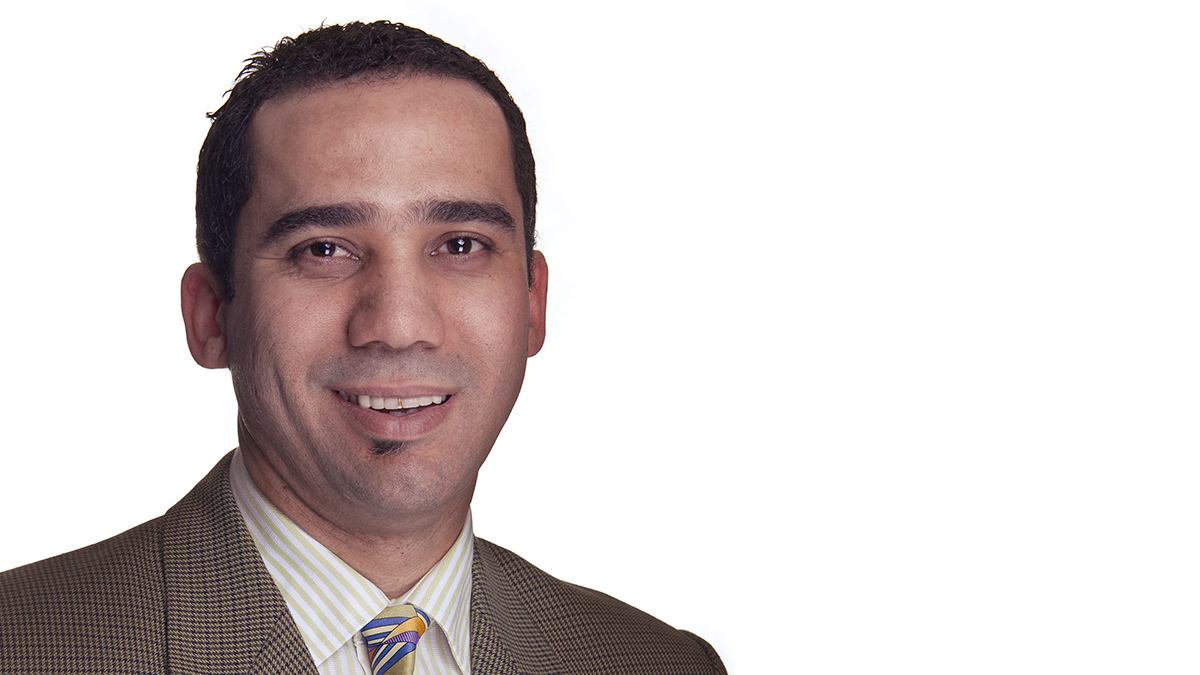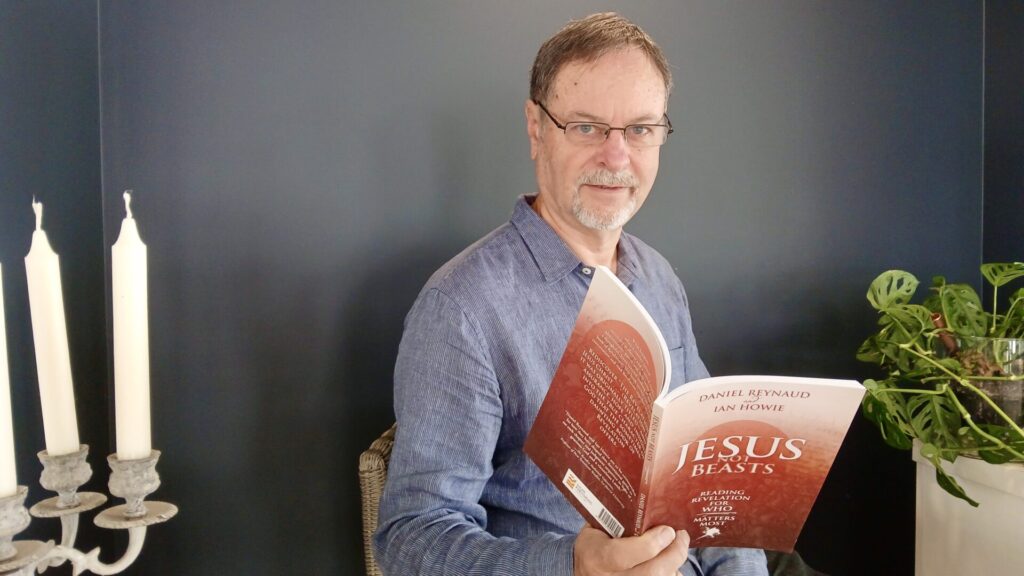Dr Kayle de Waal is head of Avondale Seminary and teaches New Testament at Avondale College of Higher Education in Cooranbong, New South Wales. He talked with Bookshelf about his new book as a contribution to the South Pacific Division’s discipleship initiative—and what discipleship means for him.
Mission Shift has been shared and used as part of the focus on discipleship. What does this book add to this project?
I hope it provides a theological and biblical framework in which to engage in discipleship. I also hope it serves as encouragement to actually go out and practise and experience what the book talks about—particularly planting new churches. The Church is latent with leaders, and the job of pastors is to find these leaders and empower and release them for ministry. Grow leaders and you’ll grow the Church.
What does discipleship mean in your own life and work?
It means that Jesus is growing bigger and bigger in my life every day. It also means leading my family in a walk with Jesus that is real and transforming. In relation to work, it means caring for my students in the challenges they face, providing a listening ear, prayerful support and being a good mentor. It’s a great privilege to lead Avondale Seminary. Our job is to produce pastoral leaders who will be disciple-makers and soul-winners. At an institutional level, it’s also about helping the Church rethink and re-engage in creative missional practice that is in line with the principles of the gospel.
What is so important about the Church and why is it worth persisting with despite its failures and disappointments?
I love the Church because Christ loves the Church. It is His body, purchased with His own blood. As such, it is a community of believers who love Christ and seek to put Him first in all they do and say. It’s not perfect, by any means, but it is the chosen means God uses to share His light and love with the world.
In Mission Shift, you argue that we need a “third reformation”. What do you mean by this and why is it necessary?
The third reformation I call for is a reformation of structure. The structure of the Church must serve the mission of the Church.
 For far too long the mission of the Church has been the servant of the structure. This reformation must begin at the local level because that is fundamentally where lives are changed by the power of the gospel. The chief Architect of this reformation is the Spirit, and pastors and members are collaborators. It is the Spirit who initiates and activates change. So as we walk in the Spirit—to use Paul’s language—we are empowered to begin that work of reformation.
For far too long the mission of the Church has been the servant of the structure. This reformation must begin at the local level because that is fundamentally where lives are changed by the power of the gospel. The chief Architect of this reformation is the Spirit, and pastors and members are collaborators. It is the Spirit who initiates and activates change. So as we walk in the Spirit—to use Paul’s language—we are empowered to begin that work of reformation.
As we remember the 500th anniversary of Martin Luther’s work of reformation, what can we learn from that history for the Church today?
The Western church is largely complacent. Therefore, the Church must always be reforming. This work of reformation is tough and it takes skilled, prayerful pastoral leadership to bring about reformation at the local level. The local church is where the action is and that’s where reformation must begin.
What responses have you received to Ancient Words, Present Hope that have reminded you of the importance of Bible study for who we are as believers and as the Church?
The Bible provides both our methodology and means for discipleship. We don’t achieve the means because we don’t apply the methodology! The methodology for the entire Christian life and the fulfilment of the Church’s mission has been developed by Jesus.
What are the common themes of your two books that are important to you?
Jesus! Nothing and no-one else matters. When we are consumed by Jesus, we will be consumed by what matters to Him!
Mission Shift and Ancient Words, Present Hope are available from Adventist Book Centres in Australia and New Zealand.






